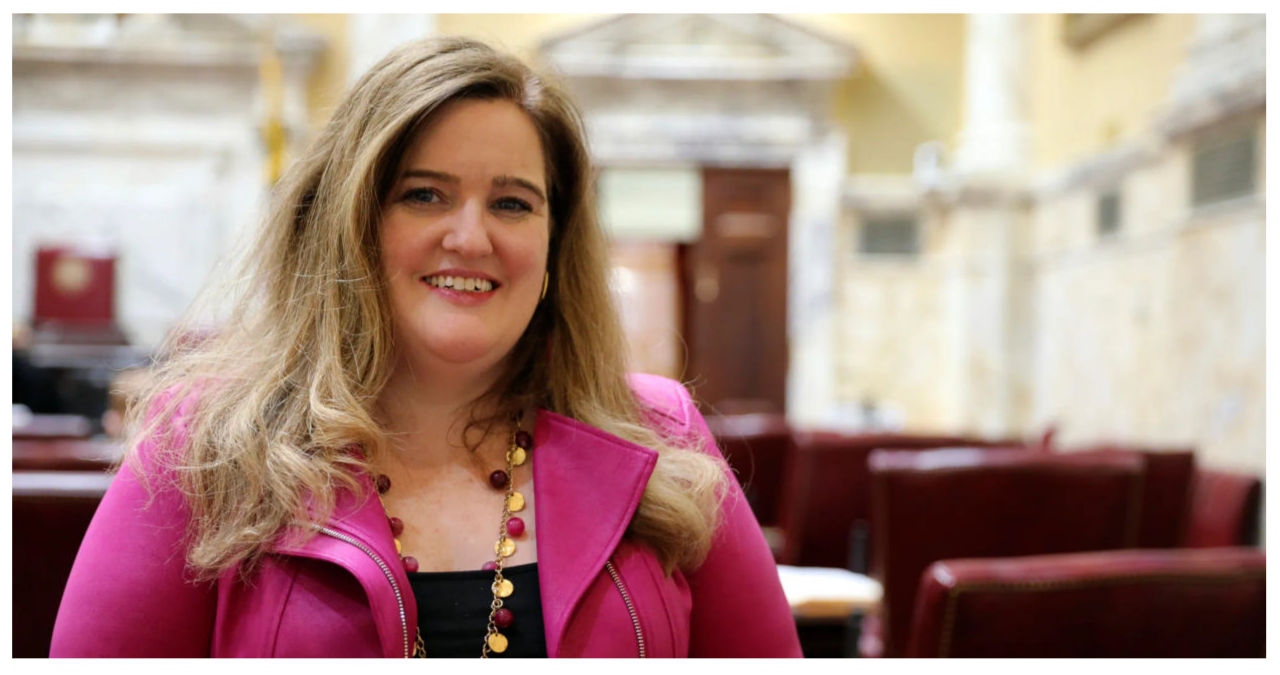Abortion clinics in Maryland may soon have the opportunity to improve security measures and increase accessibility thanks to a proposed grant program. State lawmakers are looking to utilize the untapped funds, which have been sitting unused by insurance carriers under the federal Affordable Care Act. This program aims to provide much-needed support to these clinics, ensuring that they can continue to operate safely and effectively.
During a bill hearing in front of the Maryland Senate Finance Committee, supporters highlighted the increasing demand on abortion clinics in Maryland. They emphasized that this demand has risen even further, with women from out of state seeking abortion services since the Supreme Court ruling in June 2022 that overturned Roe v. Wade. Additionally, supporters expressed concerns about the escalating security issues faced by these clinics, which have long been a cause for worry.
In anticipation of an influx of women seeking abortion services from other states where access has been limited or banned, Maryland legislators have proactively moved to expand access to abortion. In November, Maryland voters will have the opportunity to decide whether to solidify the right to abortion by adding a constitutional amendment.
According to Sen. Ariana Kelly, a Democrat sponsoring the legislation, abortion providers have reported an alarming surge in incidents of assault and battery, burglaries, stalking, and bomb threats in 2022.
Kelly expressed her deep concern about the significant impact on people’s ability to access care, emphasizing the importance of her legislation.
According to Robyn Elliott, a representative for the Women’s Law Center of Maryland and the Maryland Affiliate of the American College of Nurse-Midwives, healthcare providers in Maryland are currently experiencing a crisis. She expressed her support for the measure, describing it as a highly innovative approach to address the challenges faced by providers in the state.
Elliott expressed concern for the safety and security of the providers they represent, as well as the well-being of their patients.
The proposed measure aims to establish a fund utilizing the substantial amount of money that insurance carriers have accumulated over time, as explained by Kelly. According to her, the federal health care law mandated insurance carriers to collect $1 per month from individuals purchasing health insurance on a health care exchange, specifically for abortion care services.
According to Kelly, the state has mandated that insurance carriers submit an annual report on the funds. Over the years, the amount has increased to approximately $18 million since 2014. Kelly anticipates that it will continue to grow by an additional $3 million annually.
The state health department will oversee the grant program, which aims to enhance security infrastructure and staffing. This includes installing cameras and lighting outside the clinics to allow staff to monitor interactions between protesters and patients, even near the clinic entrance, as highlighted by Kelly’s testimony.
Lynn McCann, the co-director of Baltimore Abortion Fund, a nonprofit organization that offers assistance to individuals seeking abortion services, has observed a significant surge in calls to their confidential helpline. Unfortunately, due to insufficient funding, the organization was compelled to suspend its services temporarily last month.
McCann expressed concern about the increasing costs and demands in the abortion industry, stating that it is putting a strain on the statewide network of abortion funds, clinics, and providers.
Laura Bogley, the executive director of Maryland Right to Life, an organization that is strongly against abortion, spoke out against the proposed legislation. According to her, those who support abortion rights are trying to create a false sense of urgency and crisis.
During her testimony, Bogley expressed her concern about abortion activists using the legislature to establish Maryland as a hub for abortion tourism. She further highlighted the fact that these activists now expect Maryland taxpayers to bear the financial burden of providing abortions to women who are being trafficked into the state from other areas.
Currently, there are 14 states that have implemented complete bans on abortion throughout all stages of pregnancy, while two additional states have restrictions that take effect after the first six weeks, which is often before women are even aware of their pregnancy. Additionally, several other states under Republican control have imposed less stringent regulations.
On the other hand, many states governed by Democrats, such as Maryland, have implemented measures to safeguard the availability of abortion services.



